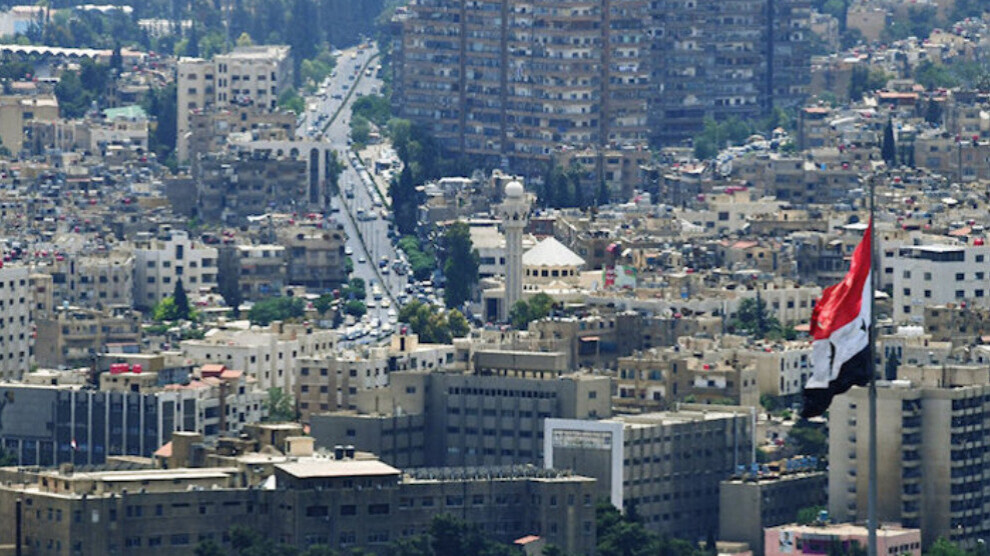Escalating humanitarian crisis in Syria is a call for solidarity among various parties
Article by Aram al-Domani, Secretary-General of the Syrian National Alliance, first published on the Syrian Democratic Council (MSD) website.
Article by Aram al-Domani, Secretary-General of the Syrian National Alliance, first published on the Syrian Democratic Council (MSD) website.

Amidst the immense humanitarian challenges facing Syria, the European Union’s call for holding the Brussels Conference emerged as a vital step. The aim was to support and address the Syrian people’s needs. A statement issued by 130 Syrian organizations highlights the importance of shedding light on the northeastern regions of Syria. It ensures that these devastated areas are not marginalized and that the necessary support is provided to improve the humanitarian situation in these areas.
The Brussels Conference serves as a crucial platform for mobilizing financial and political support. Also, it seeks to strengthen cooperation with Syrian civil society. The previous neglect of regions in NE Syria has exacerbated the humanitarian conditions there. Therefore, it is imperative to provide greater support to this region.
The dire humanitarian situation in NE Syria is attributed to Turkish attacks and the war against terrorism. So, an effective response by the international community is crucial.
The Syrian organizations’ demands include increased funding, improved food and water security, infrastructure rehabilitation, and support for civil society. These demands form the foundations of improving the humanitarian situation in the region.
The regions in NE Syria face similar challenges, including fragile infrastructure and damage to vital sectors such as agriculture, energy, and services. These challenges affect Syria as a whole, especially in regions like Hasakah, Kobani, and Deir ez-Zor. These regions have suffered infrastructure destruction due to Turkish attacks and violent actions committed by the Islamic State (ISIS).
Economic woes also pose significant challenges. The ongoing conflict hinders development and employment opportunities. It impedes reconstruction efforts and local economic support. This falls within the context of economic and political insecurity. So, it necessitates comprehensive measures and effective coordination to achieve stability and improve humanitarian conditions in the region.
Despite ongoing efforts made to address basic needs for the Syrian people, the impact of persistent conflicts on infrastructure and the economy remains a major challenge. The international community is urged to increase support for sustainable development and to ensure human security in Syria in general and in NE Syria in particular.
Amidst the continuation of holding conferences and concerted international efforts to support the Syrian crisis, the prospect of reduced European funding raises concerns. Donor countries must uphold their financial commitments to support the Syrian crisis and provide the necessary legal and political framework for the continued delivery of assistance.
The failure to meet financial commitments stems from several reasons. These reasons include the lack of effective coordination and management among international and local organizations, as well as the nature of various agreements and conditions imposed on donors. Therefore, donor countries must strengthen coordination to effectively address the basic needs of Syrians.
The international community should take decisive action to alleviate the suffering of the Syrian people and achieve comprehensive stability in the country. The response to the humanitarian crisis in Syria should be holistic and not limited by political agendas. Additionally, it should focus on all affected areas, including NE Syria.
In conclusion, the international community must pledge to step up financial and political support to address the critical needs of the Syrian people. Also, it must ensure the continuity of providing assistance in line with growing needs.
The Brussels Conference serves as a crucial turning point to address the Syrian crisis. Therefore, the European Union’s call for serious engagement, supported by the international community, paves the way for reaching this humanitarian goal.